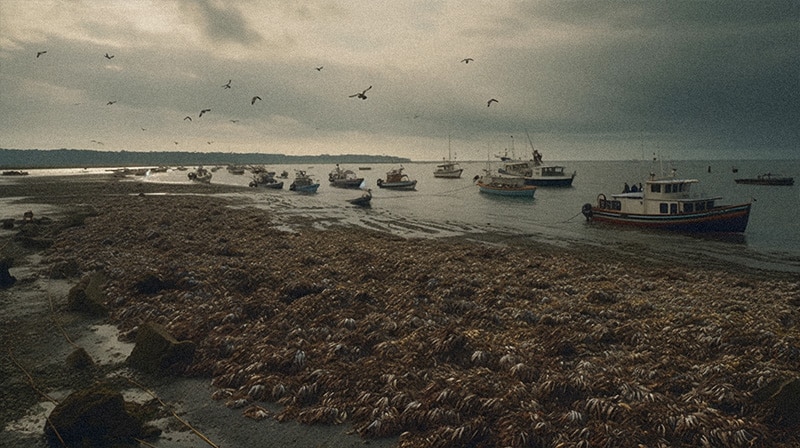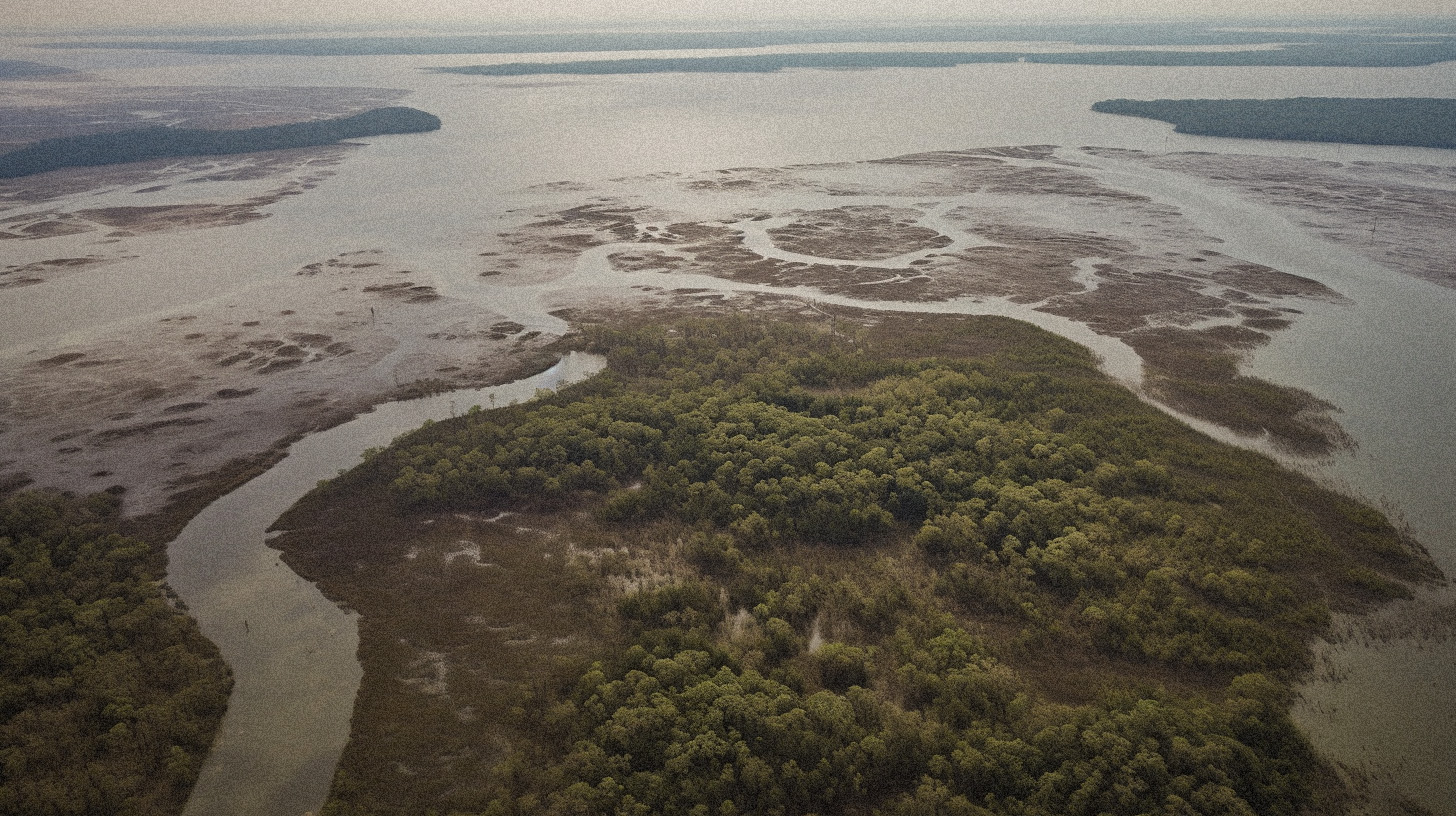A single adult oyster is capable of cleaning 50 gallons of water per day.
Oysters are incredibly effective filter feeders that help to purge algae and harmful pollutants from our waterways.
Oyster reefs also provide critical habitat for many species of popular game fish and other marine animals such as blue crabs, red drum, striped bass, otters and blue herons. In addition to their ecological value, oysters are a significant economic driver for coastal communities, accounting for a large portion of U.S. marine aquaculture production.
Located in the heart of the Florida Gulf Coast, HYPOXIA headquarters is nestled in the backyard of the world-renowned Apalachicola Bay oyster fishery.
For centuries, this fishery has been an integral part of the cultural and economic landscape of the region, tracing its roots back to the original Native American peoples of the Apalachee, Yuchi, Creek, and Seminole tribes who first founded it.
Today, Apalachicola Bay remains a symbol of the enduring importance of sustainable fisheries management and marine conservation. At HYPOXIA, we are proud to carry on this legacy by crafting high-quality products that are as environmentally conscious as they are stylish.
Plant 100 Oysters
Each and every purchase directly funds the stocking of 100 new oysters back into our waterways, where they serve as incredible biofilters for pollutants and help to protect against the devastating effects of storm surge on our coastlines.
Net Recycling
Every purchase helps to support our partners’ efforts to locate and recover abandoned fishing nets that wreak havoc on ocean life. These nets can then be recycled into fibers used in our UPF sun protective gear, hat brims and more.
Ocean Bound Plastics
95%+ of our packaging supplies are manufactured from recycled ocean-bound plastics like discarded water bottles and drinking straws, helping to protect turtles, manatees and other sensitive marine life.
Sustainable Materials
We utilize low-impact sustainable materials like algae- and water-based inks in our printing processes, and post-consumer recycled fibers in all of our packaging materials to further reduce downstream effects on waterways.

